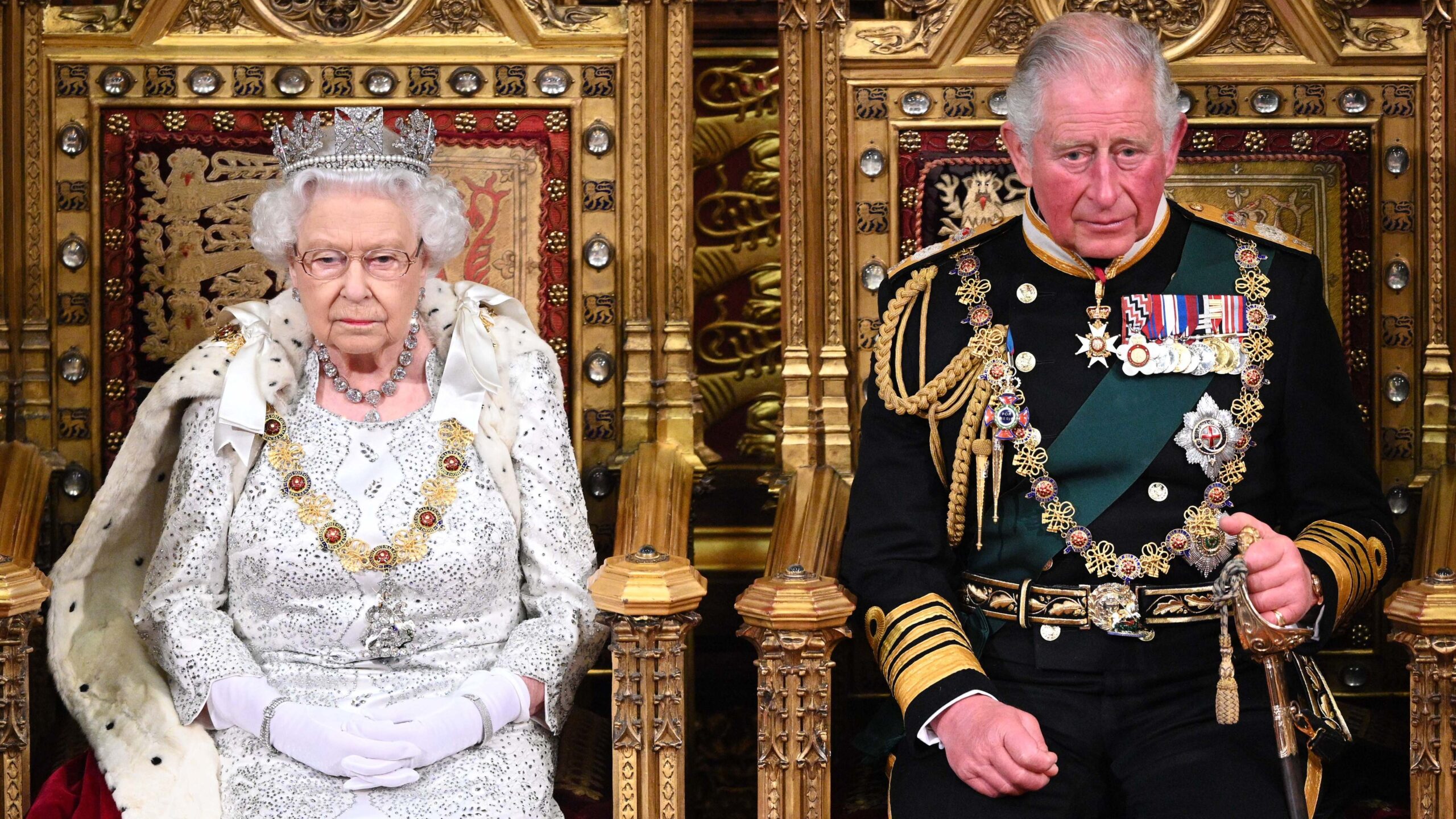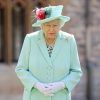All round
King Titan’s Belt: Charles Struggles with Rising Cost of Living
The British Royal Family has been hit by a cost of living crisis, affecting the renovations at Buckingham Palace.
However, King Titan may secretly find solace in living with the Queen at Clarence House nearby.
Despite the challenges, the monarch has managed to boost his taxpayer-financed spending by 5% to £107.5 million last year by dipping into his savings.
For the past three years, the 74-year-old monarch has not received an increase in his £86.3 million sovereign grant from the government.
As a result, he has had to put major projects on hold due to the cost of inflation and rising utility bills.
Trending:
The ongoing £369 million renovation of Buckingham Palace has been significantly slowed down due to a 10% inflation rate and soaring energy and other expenses.
This has left no room for funds to be allocated to the 10-year mega project.
One notable consequence of the cost-cutting measures is the reduction in gas and electric usage at Buckingham Palace and other royal residences.
In an effort to cut emissions and reduce costs, heating has been limited.
During the winter, temperatures were set at 19 degrees Celsius for guests, staff, and the royal family.
When the rooms were empty, the temperature was lowered slightly.
Even the heating in Buckingham Palace’s pool has been turned down in line with King Charles’ concerns for the environment.
Despite the setbacks, aides remain confident that the Palace’s maintenance, scheduled for completion in 2027, will be finished on time.
This will allow King Charles and Queen Camilla to move into Buckingham Palace’s north wing within four years, although progress has been slower this year.
However, other important maintenance work had to be postponed until the economic outlook improved.
Spending on property maintenance has been reduced by 10%.
Another consequence of the financial strain is the delay in renovating Apartment 1, the former home of the Duke and Duchess of Gloucester.
Although the hazardous asbestos has been removed, lack of funds has hindered a complete renovation of the property.
This has resulted in a growing list of empty properties on the royal estate, including Prince Harry’s former home and Meghan’s former residence, Frogmore Cottage in Windsor.
The cost of living crisis has not only affected the royal family but also the staff.
To help them cope with rising energy bills, two payments were made in the fall and spring.
After a wage and hiring freeze during the COVID-19 pandemic, employees received a pay rise of 5-6%.
Additionally, the number of taxpayer-funded employees increased from 491 to 517, leading to a 14.3% increase in payroll costs to £27.1 million.
The Sovereign Grant Report reveals further expenditures, including £700,000 of taxpayers’ money spent on the Queen’s Platinum Jubilee and £1.6 million on her funeral.
The UK government incurred additional costs of £28 million and £162 million for these events, respectively.
Sir Michael Stevens, Keeper of the Royal Purse and Chief Financial Advisor to the Monarch, acknowledged the extraordinary year the Royal Family has experienced, marked by grief, change, and celebration.
With the change of government, Prince William inherited the Duchy of Cornwall’s estate empire.
The profits of the estate increased from £23 million to £24 million in the year ending on March 31.
The profits were split between Charles and William, with Charles receiving £11.275 million and William receiving £12.773 million.
William also received an undisclosed amount of money from his father in the first half of the year.
He was given £5.9 million to support himself and cover staff costs for the second half of the year.
The remaining £6.873 million was left in the Duchy as working capital to navigate through the devolution.
Despite the financial challenges, the royal family remains committed to fulfilling its duties and maintaining the historic properties under its care.
The cost of living crisis has forced them to make difficult decisions and prioritize essential expenses.
As the economic outlook improves, they hope to resume major projects and ensure the long-term sustainability of the monarchy.
Popular Posts:
- Queen’s damning reply to Prince Harry’s ‘what Meghan wants, Meghan gets’ outburst
- Here’s Why Meghan Markle Cannot File Harry Divorce In US
- Meghan Markle ‘escorted out of Prince Charles’ garden party’ in unearthed video
- Here’s Why Meghan Markle Cannot File Harry Divorce In US
- Prince Harry ‘kept asking for more money’ and Prince Charles got ‘fed up’
- Prince Charles ‘deliberately’ left Meghan out of Archie’s birthday message
- Prince Harry and Meghan ‘blamed staff when they didn’t get their way’
- Prince Harry has been ‘brainwashed’, says biographer
- Meghan Markle blogged about Kate’s wedding before claiming she ‘didn’t know much about royals’
- REVENGE: Beatrice’s pregnancy announcement total dig at Meghan Markle
- Damage is done: Prince Harry warned rift with Prince Charles is widening beyond repair
- Meghan Markle Oprah interview claims debunked by own blog post
- Prince Harry faces Backlash for podcast interview, Duke ‘making too much noise’
- Queen and Charles deeply upset with Harry’s rants
- Harry and Meghan are ‘trolling the world’ with hidden photos Archie, says their biographer
- Prince Harry Demands wife Meghan Markle Be Part Of Princess Diana’s 60th Birthday Tribute Or He Won’t Show
- Harry and Meghan are ‘trolling the world’ with hidden photos Archie, says their biographer
- Meghan Markle’s Plastic Surgery
- Meghan and Harry CAN’T do another bombshell interview – ‘Can only do one’
- How Kate Middleton earned the Queen’s respect
- William and Kate prove they are NOT ‘trapped’ despite Harry claims
- Kate Middleton ‘won’t be walked over by Meghan Markle,’ says Jenny Eclair
- Meghan ‘wasn’t too keen’ on living in smaller place than Kate and William after royal wedding
- Meghan Markle was a ‘failure’ in Hollywood, biographer reveals
- Meghan and Harry are trying to start ‘alternate woke Royal Family,’ Expert says




















































